當(dāng)前位置: Language Tips> 雙語(yǔ)新聞
RANKED: The 9 worst movies to win the best picture Oscar — and what should have won
分享到
SHOULD HAVE WON: "Brokeback Mountain" (2005)
本該獲獎(jiǎng):《斷背山》(2005年)
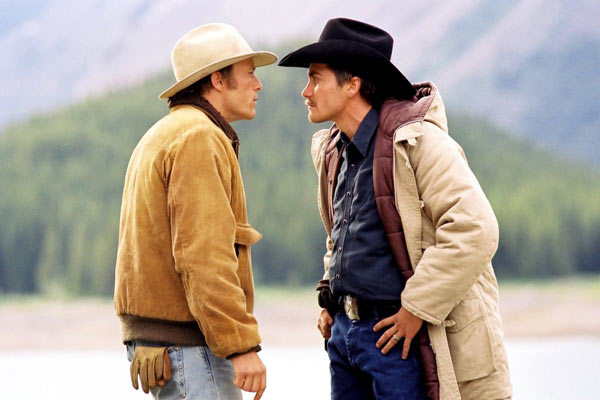
Some believe that it was the voter's discomfort with the subject matter in "Brokeback Mountain," which looked at the secret love affair between two cowboys (Jake Gyllenhaal and Heath Ledger), that gave the win to "Crash." It's hard to think they would give director Ang Lee the best director Oscar if that were the case. Whatever it was, not getting the best picture win hasn't made this film any less great.
《斷背山》描述了兩個(gè)牛仔(杰克·吉倫哈爾和希斯·萊杰飾演)之間的秘密戀情。有些人認(rèn)為,《斷背山》沒(méi)有獲得奧斯卡獎(jiǎng)是因?yàn)樵撈闹黝}讓評(píng)委感到不舒服,所以才把最佳影片獎(jiǎng)給了《撞車》。如果是這樣的話,難以想象這些評(píng)委會(huì)把最佳導(dǎo)演獎(jiǎng)?lì)C給李安。無(wú)論是什么情況,沒(méi)有獲得奧斯卡最佳影片獎(jiǎng)并不會(huì)有損這部電影的偉大。
WINNER: "Crash"
當(dāng)年贏家:《撞車》

Critics were certainly split on the film. Some have called it the worst movie of the early 2000s.
評(píng)論界對(duì)這部電影褒貶不一。有人稱它為21世紀(jì)初期最爛的電影。
SHOULD HAVE WON: "Citizen Kane" (1941)
本該獲獎(jiǎng):《公民凱恩》(1941年)
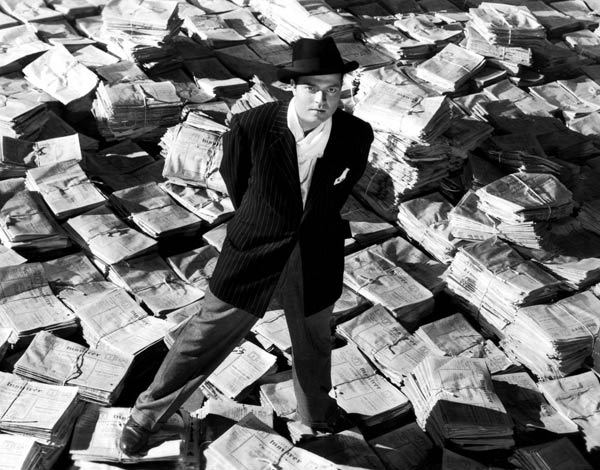
Regarded as one of the greatest films of all time, if not the greatest, and a hit when it opened, Orson Welles' portrait of a newspaper tycoon broke all the rules and proved Welles a genius — and he wasn't even in his 30s yet. The only problem was he based the movie on William Randolph Hearst, who was still alive and didn't like the movie one bit. And Hearst had a lot of Hollywood friends.
《公民凱恩》被視為有史以來(lái)最偉大的電影之一,而且一上映就火了。導(dǎo)演奧遜·威爾斯對(duì)新聞大亨的刻畫(huà)打破了所有規(guī)則,并證明自己是個(gè)天才——而他那時(shí)還不到三十歲。唯一的問(wèn)題是這部電影基于威廉·藍(lán)道夫·赫斯特的真實(shí)故事,赫斯特當(dāng)時(shí)仍然在世,他一點(diǎn)也不喜歡這部電影。而且赫斯特在好萊塢有很多朋友。
WINNER: "How Green Was My Valley"
當(dāng)年贏家:《青山翠谷》
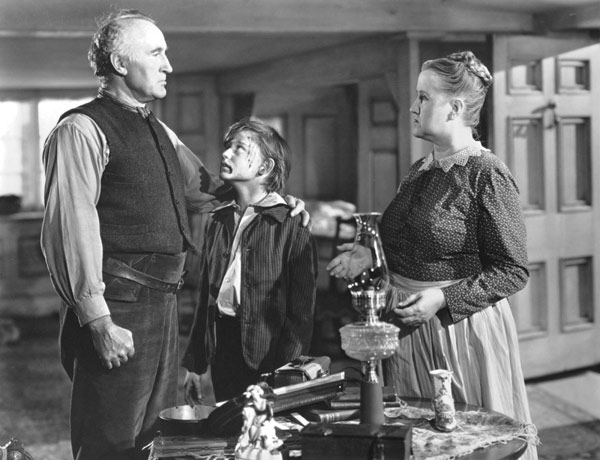
Directed by John Ford, this story of a coal-mining family at the turn of the century seems to have the pedigree for Oscar love. But then you see the other film that was nominated ...
約翰·福特導(dǎo)演的這部講述世紀(jì)之交礦工家庭故事的電影似乎就是為奧斯卡獎(jiǎng)而生的。但是如果你看了另外一部被提名的電影你就不這么想了。
SHOULD HAVE WON: "Saving Private Ryan" (1998)
本該獲獎(jiǎng):《拯救大兵瑞恩》(1998年)
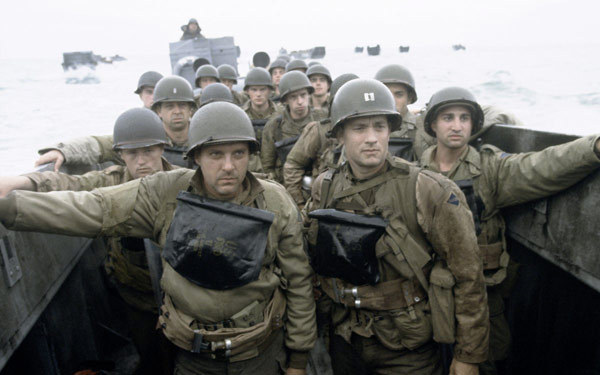
Steven Spielberg's riveting look at the horrors of World War II is a movie that will go down in history as one of the greatest war movies ever made, but it didn't get Oscar's biggest prize.
史蒂文·斯皮爾伯格的這部聚焦二戰(zhàn)殘酷的電影是有史以來(lái)最偉大的戰(zhàn)爭(zhēng)電影之一,并將永垂青史,然而它卻沒(méi)能摘得奧斯卡最大的獎(jiǎng)項(xiàng)。
WINNER: "Shakespeare in Love"
當(dāng)年贏家:《莎翁情史》
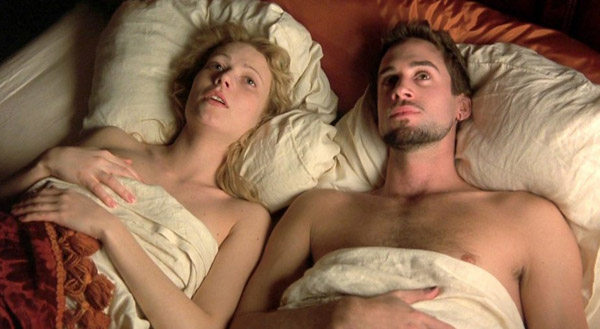
This fictitious tale of how a young William Shakespeare created "Romeo & Juliet" is fun for a Friday-night watch, but to put it in the category of best picture winner now seems absurd.
這部基于虛構(gòu)故事的電影講述了年輕的威廉·莎士比亞是如何創(chuàng)作出《羅密歐和朱麗葉》的。這部電影在周末晚上看看是挺有趣的,但是被選為奧斯卡最佳影片在現(xiàn)在看來(lái)似乎很荒唐。
英文來(lái)源:商業(yè)內(nèi)幕網(wǎng)
翻譯&編輯:丹妮
上一篇 : 適度飲酒和喝咖啡可延長(zhǎng)壽命
下一篇 :
分享到
關(guān)注和訂閱

口語(yǔ)
關(guān)于我們 | 聯(lián)系方式 | 招聘信息
電話:8610-84883645
傳真:8610-84883500
Email: languagetips@chinadaily.com.cn